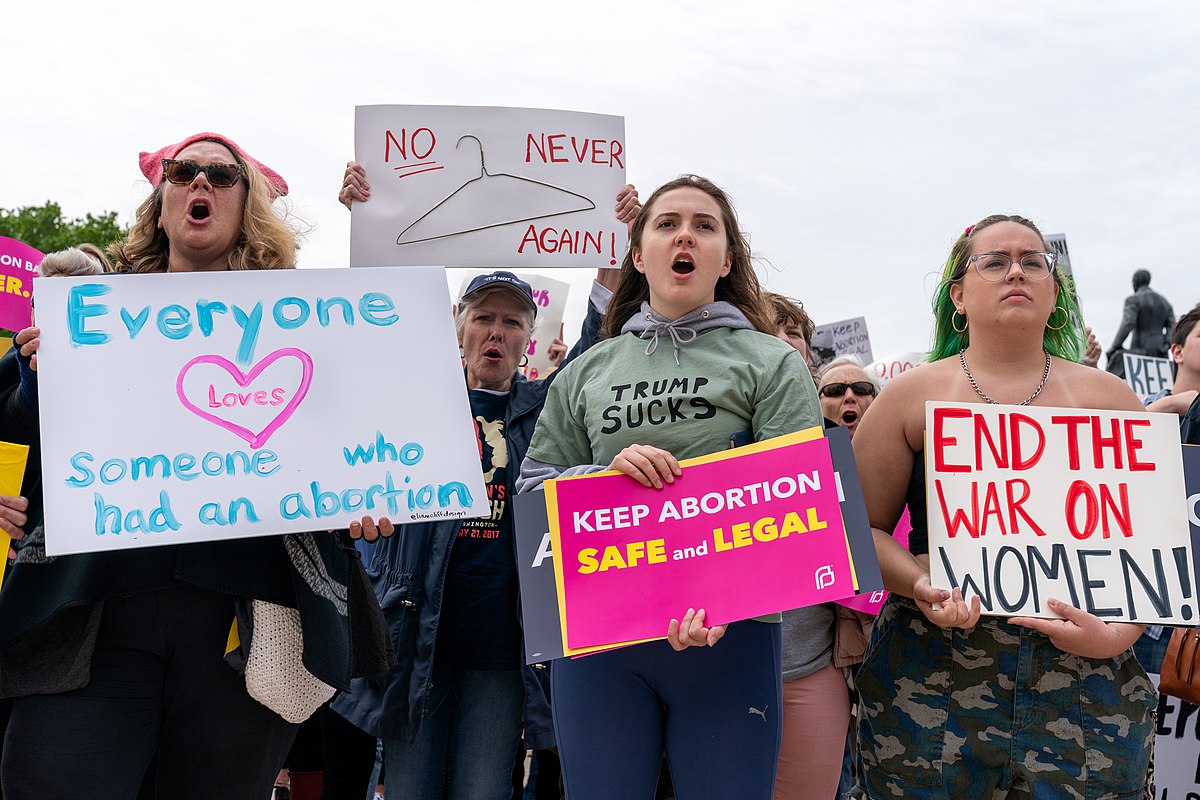A federal appeals court issued a decision about the abortion pill mifepristone that leaves it on the market but under tighter restrictions.
However, broad access to the pill remains virtually unchanged until the Supreme Court decides whether it will take up the case.
The Justice Department has signaled its intent to take the battle over the abortion pill to the high court.
Mifepristone is used widely across the country to end pregnancies within the first 10 weeks of gestation.
Roughly half of all abortions nationwide use mifepristone as part of a two-step procedure to end early term pregnancies.
But the pill is also used to help women who have suffered miscarriages to ensure they do not retain any tissue within the uterus, which can cause serious infection and potentially long-lasting complications.
What the Ruling Means
A three-judge panel voted that changes the Food and Drug Administration (FDA) made in 2016 to broaden access to mifepristone are invalid as the agency did not follow proper procedure.
“In loosening mifepristone’s safety restrictions, FDA failed to address several important concerns about whether the drug would be safe for the women who use it. It failed to consider the cumulative effect of removing several important safeguards at the same time,” Judge Jennifer Elrod wrote.
Those changes include expanding the use of mifepristone from 7 weeks to 10 weeks of pregnancy, allowing non-physician providers to proscribe the drug, lowering the dosage, and allowing the medication to be delivered to patients through the mail.
The FDA called the lawsuit a danger to women’s health and an unprecedented challenge to its approval authority, but the court pushed back on that framing.
“Their message is simple: The scientists at the FDA can do no wrong. So courts have no business reviewing their actions. That’s mistaken on multiple levels,” Judge James Ho wrote in a separate opinion.
The involved parties have 90 days to appeal the latest ruling to the Supreme Court, which will certainly happen. The justices will likely take weeks, if not longer, to decide whether to take the case.








